BRICS countries should be upbeat on long-term growth: experts
Updated: 2014-12-22 04:46
By JI YE in Rio de Janeiro(China Daily Latin America)
|
||||||||
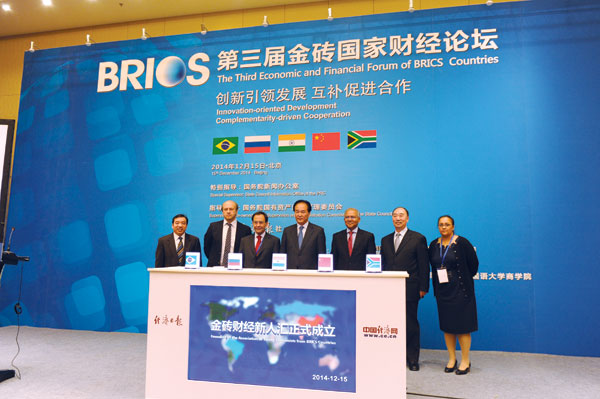 |
|
Director of China's State Council Information Office Cai Mingzhao (middle), Brazil's ambassador to China Valdemar Carneiro Leao (third from left), India's Ambassador to China Ashok K. Kantha (third from right) and other officials joined in the launching ceremony of the Association of Young Economists from BRICS Countries during the "Third Economic and Financial Forum of BRICS Countries" in Beijing on Dec15. Provided to China Daily |
The BRICS countries have the potential for long-term stable growth, according to officials, scholars, entrepreneurs and media executives who participated in the Third Economic and Financial Forum of BRICS Countries in Beijing.
Wang Shouwen, China's assistant minister of commerce, told the meeting on Dec 15 that further development between the BRICS countries can be expected, noting that infrastructure construction is being sped up, and domestic consumption has been expanding among the developing BRICS markets.
"Industrial development in the BRICS countries (Brazil, Russia, India, China and South Africa) is vigorous, and the countries also have advantages in labor, natural resources, and technology," Wang said.
Wang called for the building of a more integrated market through deepening cooperation among companies and facilitating trade and investment among the BRICS members to forge closer partnerships.
Amid a push for structural reforms, China's economic growth slid to 7.3 percent in the third quarter of this year, slowed by a housing slump and unsteady exports. Meanwhile, the other BRICS countries -- Brazil, Russia, India and South Africa -- also saw slowing growth.
In a major cooperative move, BRICS countries announced in July in Fortaleza, Brazil, plans to establish a New Development Bank (NDB) to boost infrastructure and sustainable development projects in BRICS countries and other emerging and developing economies.
The NDB will have starting capital of $50 billion with equal contributions from each of the five countries. Leaders of the five countries also signed a memorandum establishing a Contingent Reserve Arrangement (CRA) - a $100 billion contingency fund, which member states can draw on in financial emergencies when their foreign exchange reserves become dangerously depleted.
China contributed $41 billion to the capital stock; India, Brazil and Russia each paid in $18 billion and South Africa's share is $5 billion.
The bank will be headquartered in Shanghai. India will first oversee its operations for six years, and then Brazil and then Russia will preside by five-year terms.
Brazil's ambassador to China Valdemar Carneiro Leao told the forum that BRICS cooperation and policies have entered a new cycle as demonstrated by the creation of the NDB and the BRICS reserve fund.
"It also sends a signal to the world that the BRICS countries will deepen their cooperation in economic and financial aspects," added Leao.
Foreign direct investment into the BRICS nations reached $263 billion last year, accounting for 20 percent of global foreign direct investment flows, up from 6 percent in 2000, the United Nations Conference on Trade and Development said on its website March 25.
Though the BRICS countries constitute one-fifth of the world's economic output and account for half of global economic growth, their representation at the International Monetary Fund (IMF) does not match their growing economic might.
Developing countries have long complained that loans from organizations like the World Bank have always come with strings attached, and have advocated reforms at both institutions.
"The establishment of a BRICS bank may spur the IMF and World Bank to do more to address the concerns of the large, fast-growing emerging economies," said Mark Williams, chief Asia economist at Capital Economics.
Leao acknowledged that the BRICS countries still have much to do in infrastructure and sustainable development. However, he said that when it comes to economic and financial aspects, the BRIC countries do not get enough attention from the international community and international organizations.
"With the implementation of the BRICS NDB and the BRICS CRA, we fill in this gap and can depend on ourselves to provide a richer source of funds to ensure the short-term and long-term development of public and private sectors," Leao said.
Trade among the BRICS countries totaled $350 billion in 2013, 2.5 times the value six years ago. Currently, China is the largest trading partner with Brazil, Russia, and South Africa, and the second-largest trading partner with India. At the end of last year, China's accumulative investment in the other four countries exceeded $55 billion.
Foreign direct investment into the nations reached $263 billion last year, accounting for 20 percent of global foreign direct investment flows, up from 6 percent in 2000, the United Nations Conference on Trade and Development said on its website March 25.
Brazil has benefited from the BRICS alliance. In 2002, trade between Brazil and other BRICS countries accounted for only 7 percent of its foreign trade. It increased to 20 percent in 2012. Since 2010, Brazil has played an active role in promoting business cooperation among BRICS countries by holding five BRICS business forums.
"In the future, BRICS countries should pay more attention to the cooperation between each other, hold more similar activities and explore more cooperation potential," Leao said.
Li Daokui, director of the Center for China in World Economy at Beijing-based Tsinghua University, told participants that "the BRICS countries share a common point. That is, despite their relatively backward infrastructures, they all have tremendous potential to develop. With more infrastructure investments, the entire production efficiency (of these countries) will improve, and the overall economic scale will increase."
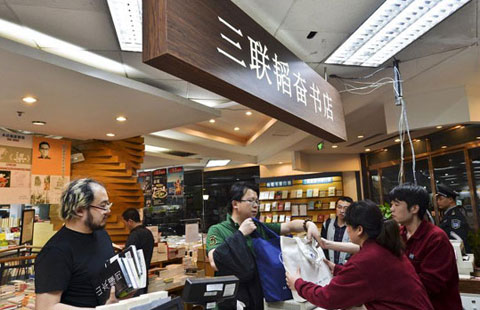
 Yearender: 10 cultural 'firsts' in 2014
Yearender: 10 cultural 'firsts' in 2014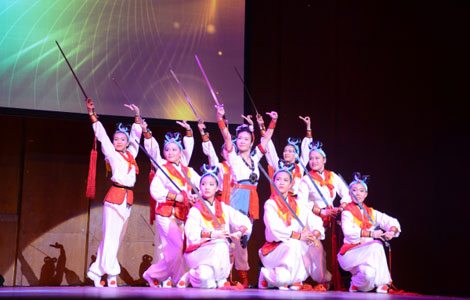
 Marvelous night for a moon dance
Marvelous night for a moon dance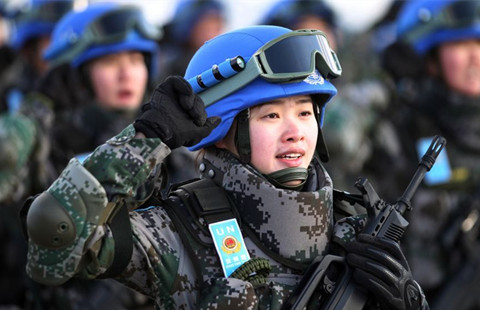
 China to send first infantry battalion for UN peacekeeping
China to send first infantry battalion for UN peacekeeping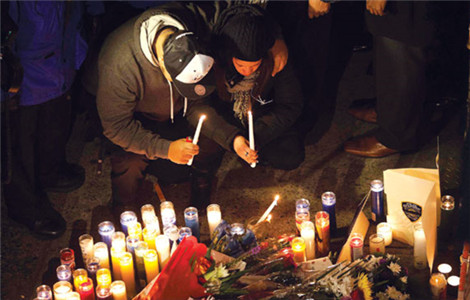
 NY reacts to police slayings
NY reacts to police slayings
 The world in photos: Dec 15-21
The world in photos: Dec 15-21
 9 things you may not know about Winter Solstice
9 things you may not know about Winter Solstice
 10 most innovative cities in Chinese mainland
10 most innovative cities in Chinese mainland
 Santa Claus gives out gifts
Santa Claus gives out gifts
Most Viewed
Editor's Picks
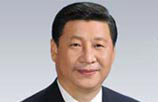
|
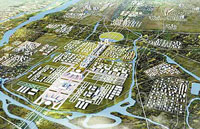
|

|
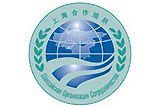
|

|

|
Today's Top News
Ling Jihua investigated for disciplinary violation
US arms sales to Taiwan protested
Chinese developer buys LA Marriott
Beijing seeks new tourism spotlight in New York
China to become net capital exporter
'City of Ice' advice sought
Nation to become net capital exporter
Beijing willing to assist Moscow
US Weekly

|

|







